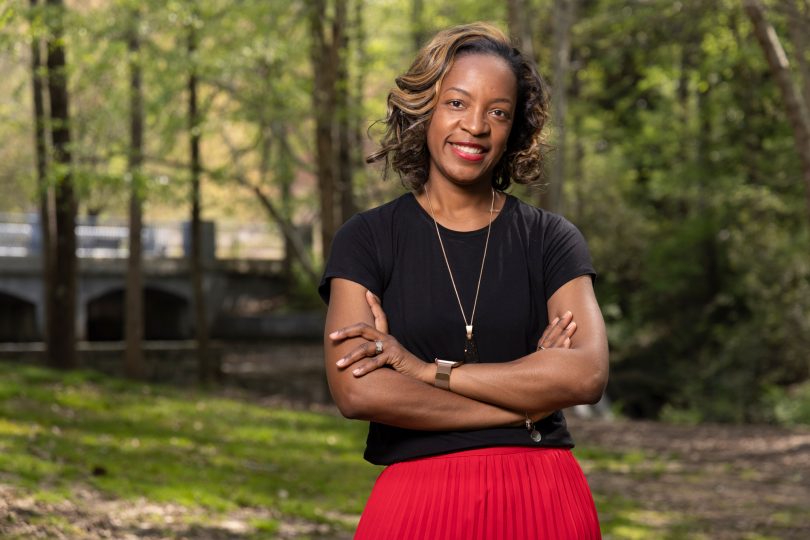Early in her career, Jamelia Outlaw Smith ABJ ’03 recognized a business challenge that would shape her professional path: the need for employees to feel understood, included, and valued by their organizations.
That seems simple on the surface, but it can be complex for large companies like Cox Enterprises, where Smith serves as senior enterprise program management leader and certified diversity professional.
It’s a leadership role many major companies have established in recent years, sprouting offshoots including degree programs, certifications, and national associations to cultivate this emerging profession.
“Leaders understand that we are not going back. Multiculturalism is here to stay,” Smith says. “The companies that will win are the ones that see how that can benefit the company and act on it.”
What many organizations struggle with is how to move diversity and inclusion efforts beyond boilerplate and box-checking to meaningful initiatives, offerings, and programs for employees. Smith is at the forefront of this evolution, developing concrete tools and processes that leaders can adapt to their needs.
“They know they need diverse employees, but how do they operationalize it?” Smith says. “They need someone who can see the biases that affect performance and address that. The combination of HR and business knowledge is hard to find.”
Smith grew up in Dekalb County in a primarily African American community. Her experience at UGA was her first real exposure to diversity. She thrived in that environment, living in Creswell Hall, serving as an RA for two years, and participating as an orientation leader in 2002.
Happy and engaged employees mean happy and engaged customers. Now, my customers are employees. We know they are going to work harder, stay longer, attrition rates will go down, and promotion rates will go up if we build an inclusive environment.” — Jamelia Outlaw Smith, senior enterprise program management leader, Cox Enterprises
After graduating with a degree in public relations from the Grady College of Journalism and Mass Communication, Smith landed a job at WarnerMedia (formerly Turner Broadcasting System). Through her involvement with employee resource groups, she saw firsthand how employees responded to an environment that was openly supportive of their individual and group identities, within the context of shared organizational goals. She later earned certification as a diversity professional through the National Diversity Council.
“Happy and engaged employees mean happy and engaged customers,” Smith says. “Now, my customers are employees. We know they are going to work harder, stay longer, attrition rates will go down, and promotion rates will go up if we build an inclusive environment.”
Equipped with marketing and customer service experience, Smith joined Cox in 2014 and transitioned to the diversity and inclusion area in 2017, becoming director in 2019. She could not have foreseen what the next year would bring—particularly for Black employees. Just as the COVID-19 global pandemic was disrupting daily life, the death of George Floyd in May 2020 gave rise to an urgent need for response and support.
“We knew that our employees were troubled,” Smith says. “There was the pandemic, and now people of color were watching something truly horrific, on a scale we hadn’t seen before, at least visually. And they had to deal with it without the support of friends and extended family and colleagues. We couldn’t hug each other.”
Smith and her team organized forums where groups of coworkers could gather virtually to share their reactions. Senior leaders attended, which Smith initially worried might stifle the dialogue.
“It’s a risk because you want people to be open and honest,” she says. “But it actually gave the senior leaders a chance to hear from people they probably never would otherwise and the other way around.”
“This role is really a people role, with heart at its core,” Smith adds. “It’s becoming more analytical, as it should, because that shows the maturity of the discipline. But really it’s about how we improve the organization by improving the experience of our people.”






